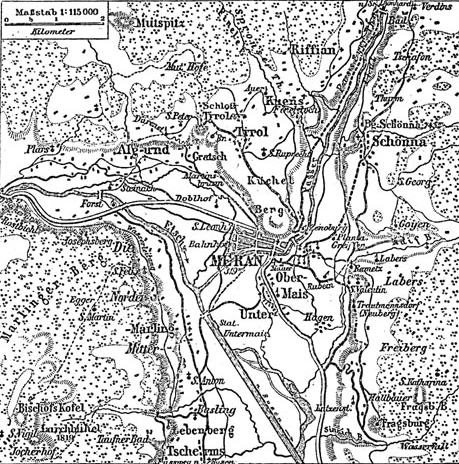|
Duke Of Merania
The Duchy of Merania, it, Ducato di Merania, sl, Vojvodina Meranija, hr, Vojvodina Meranije was a fiefdom of the Holy Roman Empire from 1152 until 1248. The dukes of Merania were recognised as princes of the Empire enjoying imperial immediacy at a time when these concepts were just coming into use to distinguish the highest ranks of imperial nobility. The name "Merania" ("sea-land") comes from either the High German word for sea, ''meer'' or the Slavic word for the same, ''morje'' (both cognate with Latin ''mare''). The name literally means "land by the sea" (''am Meer''), referring to its location on the Adriatic. Territory The exact territorial extent of Merania is unknown. It probably included the town of Fiume (Rijeka) and the coast of the Kvarner Gulf, either on the Istrian peninsula or across from it. The author of the ''Historia de expeditione Friderici imperatoris'', an account of Barbarossa's crusade of 1190, writing around 1200, refers to "the Duke of Dalmatia, a ... [...More Info...] [...Related Items...] OR: [Wikipedia] [Google] [Baidu] |
Croatia In The Union With Hungary
The Kingdom of Croatia ( la, Regnum Croatiae; hr, Kraljevina Hrvatska, ''Hrvatsko kraljevstvo'', ''Hrvatska zemlja'') entered a personal union with the Kingdom of Hungary in 1102, after a period of rule of kings from the Trpimirović and Svetoslavić dynasties and a succession crisis following the death of king Demetrius Zvonimir. With the coronation of King Coloman of Hungary as "King of Croatia and Dalmatia" in 1102 in Biograd, the realm passed to the Árpád dynasty until 1301, when the (male) line of the dynasty died out. Then, kings from the Capetian House of Anjou, who were also cognatic descendants of the Árpád kings, ruled the kingdoms. Later centuries were characterized by conflicts with the Mongols, who sacked Zagreb in 1242, competition with Venice for control over Dalmatian coastal cities, and internal warfare among Croatian nobility. Various individuals emerged during the period, such as Paul I Šubić of Bribir, who was representing the most powerful Croatian dy ... [...More Info...] [...Related Items...] OR: [Wikipedia] [Google] [Baidu] |
Meran
Merano (, , ) or Meran () is a city and ''comune'' in South Tyrol, northern Italy. Generally best known for its spa resorts, it is located within a basin, surrounded by mountains standing up to above sea level, at the entrance to the Passeier Valley and the Vinschgau. In the past, the city has been a popular place of residence for several scientists, literary people, and artists, including Franz Kafka, Ezra Pound, Paul Lazarsfeld, and also Empress Elisabeth of Austria, who appreciated its mild climate. Name Both the Italian () and the German () names for the city are used in English. The Ladin form of the name is . The official name of the municipality (''comune'') is ''Comune di Merano'' in Italian and ''Stadtgemeinde Meran'' in German (both are in official use). History In 17th-century Latin, the city was called ''Meranum''. Other archaic names are ''Mairania'' (from 857 AD) and ''an der Meran'' (from the 15th century). Origin The area has been inhabited since the thir ... [...More Info...] [...Related Items...] OR: [Wikipedia] [Google] [Baidu] |

